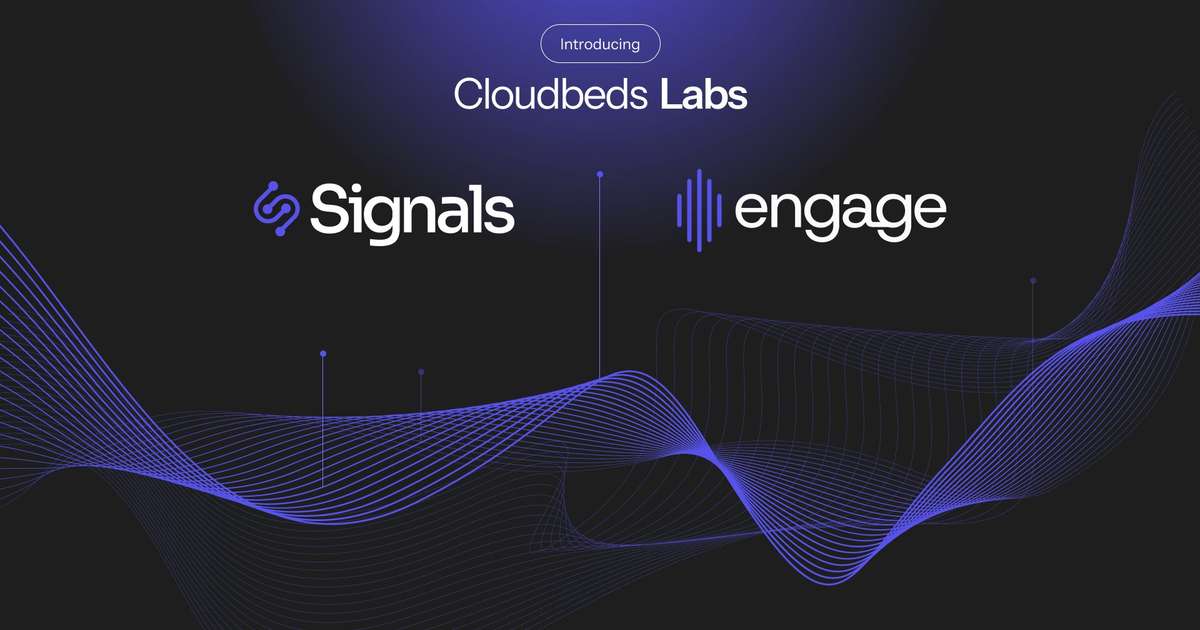
Reading Time: 2 minutes
Chris Bowling, head of digital and consumer marketing at BWH Hotels GB, shares some advice for independent hoteliers on how to remain competitive and visible.
There is clearly great potential for artificial intelligence to reshape how guests discover and book hotels.
We’re already seeing early moves in this direction, with companies like ChatGPT developing e-commerce capabilities and platforms such as Perplexity experimenting with shopping features. These tools haven’t yet mastered hotel bookings – but when they do, the shift could be significant.
The risk for independent hotels is that this change won’t happen evenly across the sector. Online travel agents are in a prime position to move quickly. With deep resources and well-established technology, they’re well placed to integrate with new AI-driven platforms as they emerge. Their speed and scale mean they could gain even greater dominance in the booking journey, leaving independent properties more reliant on third-party distribution.
That doesn’t mean independent hotels are out of options – but they must start preparing now. A key first step is ensuring that the property’s digital presence is structured, accurate and consistent.
AI platforms surface content that is easy to interpret. If a hotel’s website is slow to load, short on useful content or not optimised for mobile, it risks becoming invisible. Equally, listings across Google, Apple Maps and social media channels need to be regularly updated to remain relevant to both users and AI search tools.
Trust will also be an important factor in the adoption of AI booking tools. A June survey of more than 2,000 of BWH Hotels GB’s BW Rewards members found that only 11 per cent had used an AI tool to book a hotel. However, 57 per cent said they would consider doing so, but only if they trusted the brand behind the tool.
This reinforces the idea that AI won’t just be a technological shift; it will also be a reputational one. Guests are more likely to follow trusted brands into emerging booking environments, which is a real opportunity for hotels that invest early in trusted partnerships and recognisable platforms.
Independent hoteliers also need to take ownership of their guest data. As AI becomes more personalised, relying on a third party for all guest interaction creates a serious disadvantage. Investing in a direct booking engine, a CRM system or even a simple email capture strategy can give hoteliers the insight needed to personalise offers, encourage return visits and reduce dependency on OTAs.
That said, few independent properties have the time, budget or in-house knowledge to build AI integrations from scratch. This is where partnerships matter. Working with technology providers – or joining a brand that is looking to embrace AI infrastructure – can potentially give hotels access to tools that would otherwise be out of reach. This could include integrations with voice search, AI chat platforms and personalised booking engines.
The final piece is skills. AI will touch every part of the business, from operations to marketing to front desk. A basic understanding of how digital systems work – and how to evaluate new technology – can make a meaningful difference. Teams don’t need to become experts, but they do need to feel confident in adapting to a rapidly changing landscape.
In a market where visibility is everything, independent hotels that take action now – building strong digital foundations, developing data strategies and choosing the right partners – will be far better placed to thrive when AI becomes a central part of how people travel.


